Recycling of C&D material: waht is the current situation
Introduction: The Growing Need for Recycling Construction and Demolition Material
The recycling of construction and demolition (C&D) materials plays a crucial role in sustainable waste management practices globally. As urbanization accelerates and infrastructure projects expand, the volume of C&D waste continues to rise. Addressing this challenge requires effective recycling strategies that not only reduce environmental impact but also promote resource efficiency and economic sustainability.
Current Challenges in C&D Material Recycling
Volume and Composition
C&D waste comprises various materials such as concrete, asphalt, metals, wood, plastics, and ceramics. The sheer volume and diverse composition of these materials pose logistical and technological challenges for recycling facilities. Efficient sorting and processing methods are essential to maximize recovery rates and minimize landfill disposal.
![K)WZ3L3_GK]5{~Y4HQ7{ZKP.png](/uploads/allimg/20240619/1-2406191101163O.png)
Contamination and Quality Control
Contamination of C&D materials with hazardous substances, like lead-based paints or asbestos, complicates recycling efforts. Strict quality control measures are necessary to ensure that recycled materials meet regulatory standards for safety and performance in subsequent applications.
Innovations in C&D Material Recycling
Advanced Sorting Technologies
Recent advancements in sorting technologies, have improved the efficiency and accuracy of material recovery. These technologies enable the separation of different types of materials based on their properties, enhancing recycling yields and reducing manual labor.
![WH3H~E0FSY23]MHOZNG)6~D.png](/uploads/allimg/20240619/1-240619110UIF.png)
Mechanical and Chemical Recycling Processes
Mechanical processes, such as crushing and grinding, are widely used to convert concrete, asphalt, and masonry into reusable aggregates or fill materials for new construction projects. Chemical recycling methods, including depolymerization and solvent extraction, offer innovative solutions for recycling plastics and other polymers, transforming them into raw materials for manufacturing.
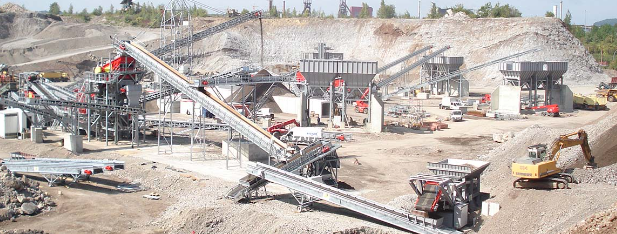
Benefits of C&D Material Recycling
Environmental Impact Reduction
Recycling C&D materials conserves natural resources, reduces energy consumption in manufacturing processes, and mitigates greenhouse gas emissions associated with landfilling and virgin material extraction. By diverting waste from landfills, recycling contributes to cleaner air, water, and soil quality in urban and industrial areas.
Economic Opportunities
The recycling industry creates jobs and stimulates economic growth through the development of recycling facilities, research in innovative technologies, and the production of recycled materials for construction and manufacturing sectors. Recycling also reduces disposal costs for construction companies and municipalities, offering financial incentives for sustainable waste management practices.
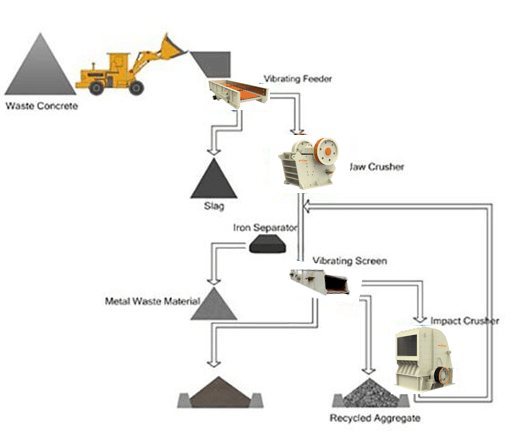
Regulatory Landscape and Future Outlook
Regulatory Frameworks
Governments worldwide are implementing stringent regulations and policies to promote C&D material recycling. These frameworks encourage compliance with waste management standards, incentivize recycling practices through tax incentives or rebates, and penalize non-compliance to ensure environmental protection and resource conservation.
Future Trends
The future of C&D material recycling lies in continuous innovation and collaboration among stakeholders, including governments, industry players, research institutions, and environmental organizations. Emerging trends such as the use of recycled materials in 3D printing, sustainable building certifications, and circular economy principles will shape the evolution of recycling practices in the construction sector.
Conclusion: Embracing Sustainable Practices
In conclusion, recycling C&D materials is essential for achieving sustainable development goals and minimizing the environmental footprint of construction activities. By adopting advanced technologies, implementing robust quality control measures, and adhering to regulatory requirements, stakeholders can unlock the economic and environmental benefits of recycling. Together, we can build a resilient infrastructure that conserves resources, enhances community well-being, and preserves the planet for future generations.
Take Action Today
Are you ready to contribute to a greener future through C&D material recycling? Contact us to explore how you can integrate sustainable waste management practices into your construction projects. Let's work together towards a circular economy where waste becomes a valuable resource, driving innovation and prosperity.
Join the movement towards responsible C&D material recycling and make a lasting impact on our environment and society. Start recycling today!
![HXAGW372IA0_0_QRKA]ZE)G.png](/uploads/allimg/20240619/1-24061911032I29.png)
-
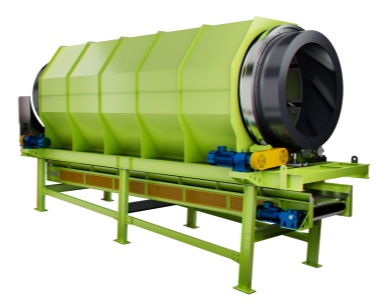 Trommel screenTrommel screen, also known as drum screens, are widely used in various industries for sorting and separating materials.Get Quote
Trommel screenTrommel screen, also known as drum screens, are widely used in various industries for sorting and separating materials.Get Quote -
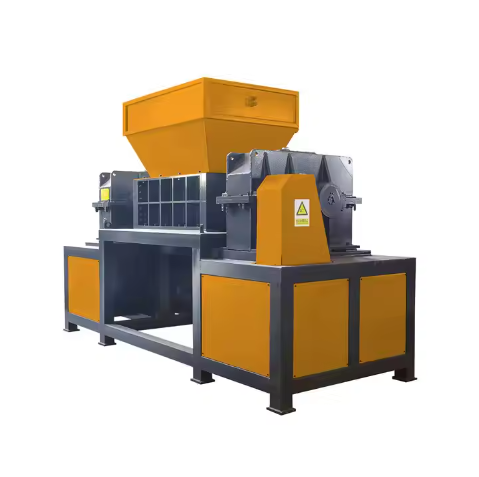 Crop straw double shaft shreddApplications:Biomass Energy Production: Shredded straw can be used as a feedstock for bioenergy plants to produce electricity or heat.Livestock Feed: Reduced-si...Get Quote
Crop straw double shaft shreddApplications:Biomass Energy Production: Shredded straw can be used as a feedstock for bioenergy plants to produce electricity or heat.Livestock Feed: Reduced-si...Get Quote -
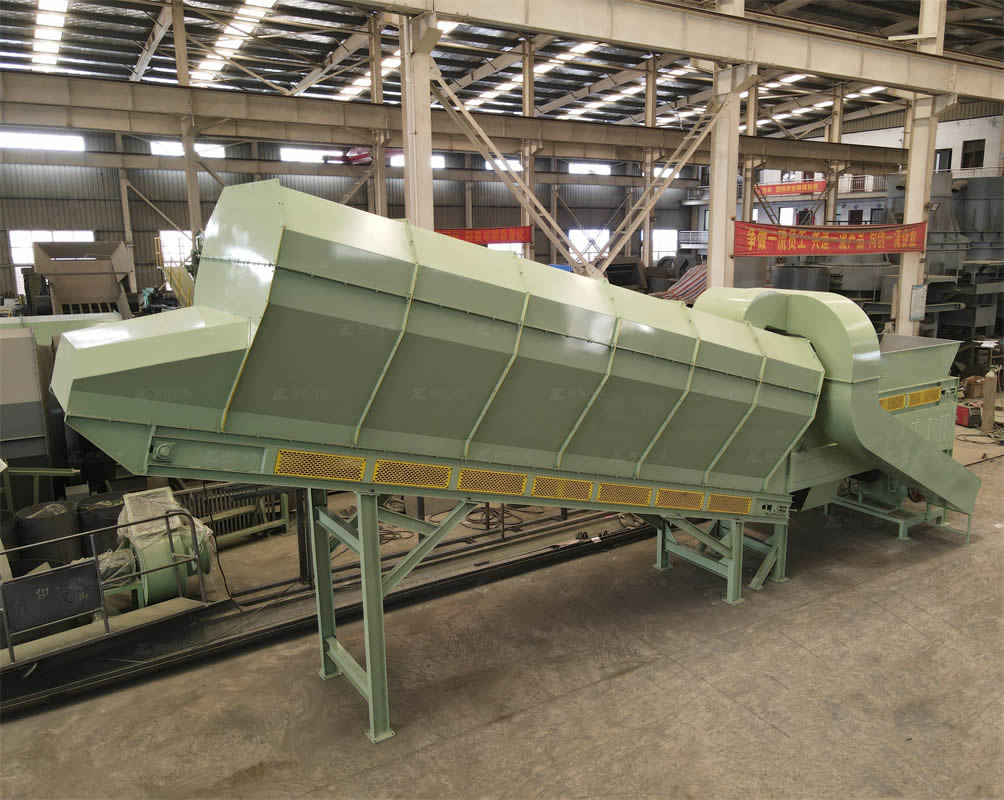 Zhongcheng Air Drum SeparatorAir drum separators effectively separate lightweight materials (e.g., plastics, paper) from heavier materials (e.g., metals, glass). This high efficiency is cru...Get Quote
Zhongcheng Air Drum SeparatorAir drum separators effectively separate lightweight materials (e.g., plastics, paper) from heavier materials (e.g., metals, glass). This high efficiency is cru...Get Quote
-
2024-05-18Jaw CrusherThe working principle of jaw crusher Although the jaw crusher has various structural types, its working principle is the same, that is, the material is crushed ...
-
2025-04-21Compact Copper Cable Granulator MachineThe compact copper cable granulator machine is a device used to recycle waste wires and cables. It separates the copper wire from the plastic sheath by crushing...
-
2024-07-16Drum screen garbage processing machine for msw recyclingManaging municipal solid waste (MSW) efficiently is crucial for urban areas. Drum screen garbage processing machines are a game-changer in this field. They ensu...
-
2024-08-12Wood Pallet ShredderConsiderations When Choosing a Wood Pallet Shredder:Material Type: Different wood types may require specific configurations or materials of construction.Output ...
-
2024-07-10msw trommel screen for waste recycling machineThis equipment is suitable for the particle classification process in all walks of life:The equipment is simple, easy to operate,and can be operated with a larg...



